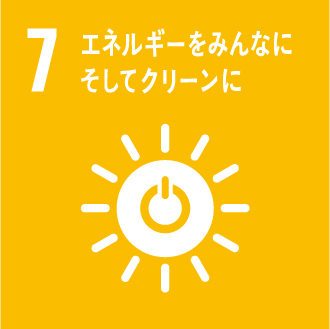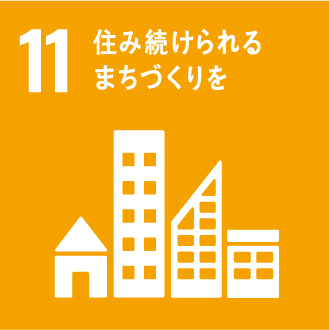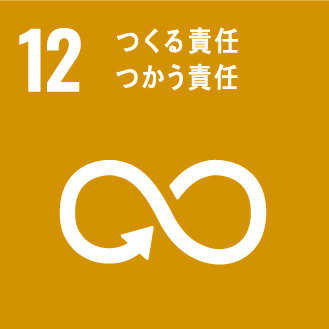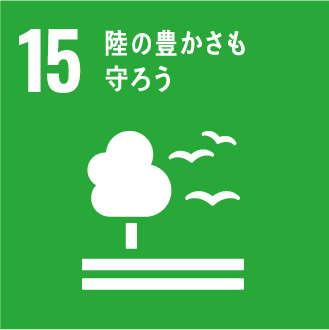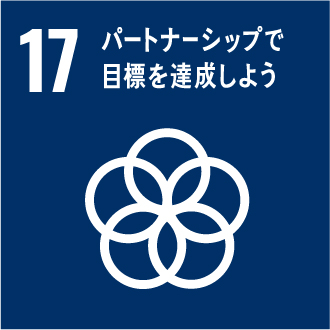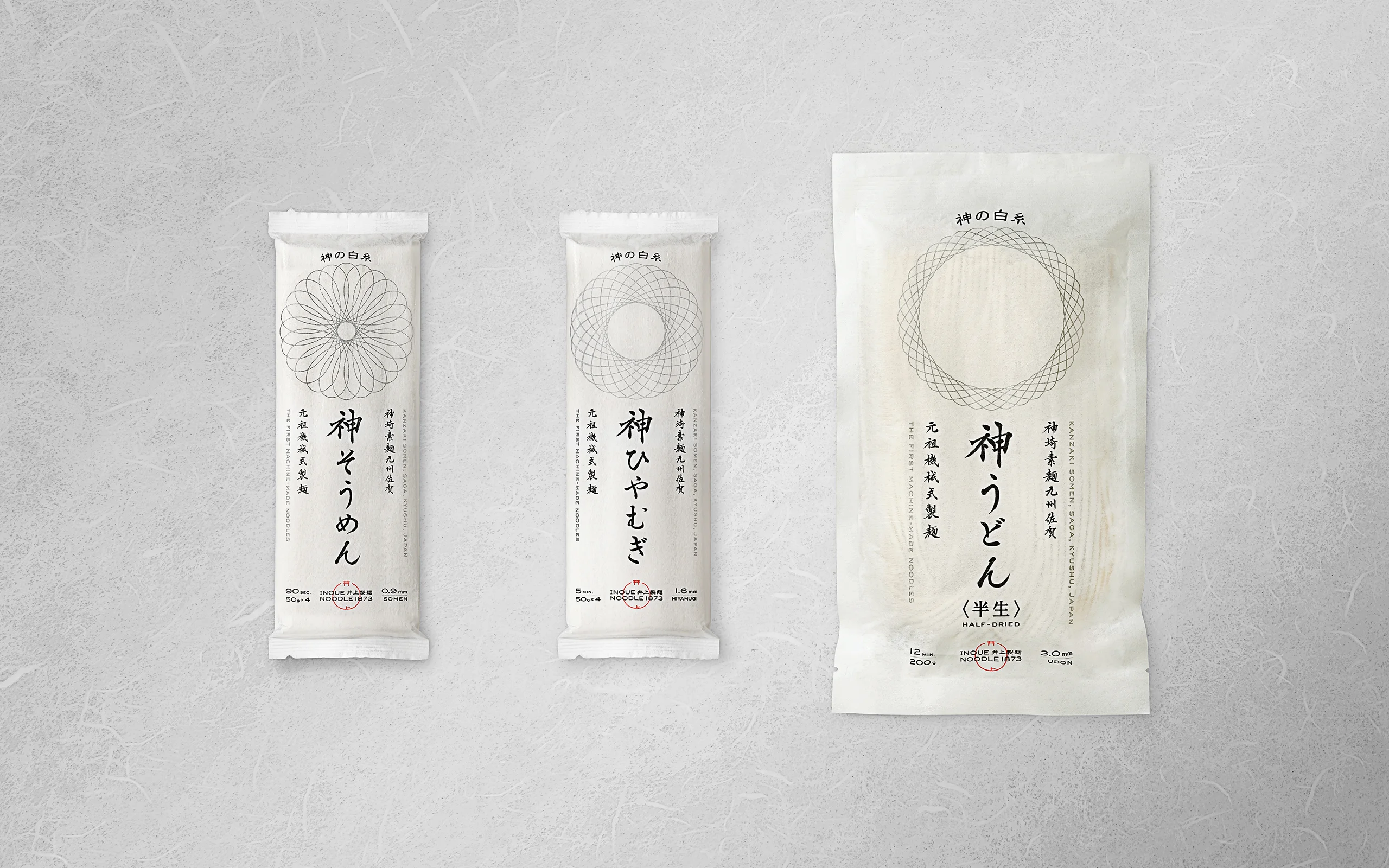
PROJECT
INOUE NOODLE
Rebranding and product development for somen noodle manufacturer. Uncovered company history positioned the mechanical noodle production pioneer as Japan's first zero-carbon company.
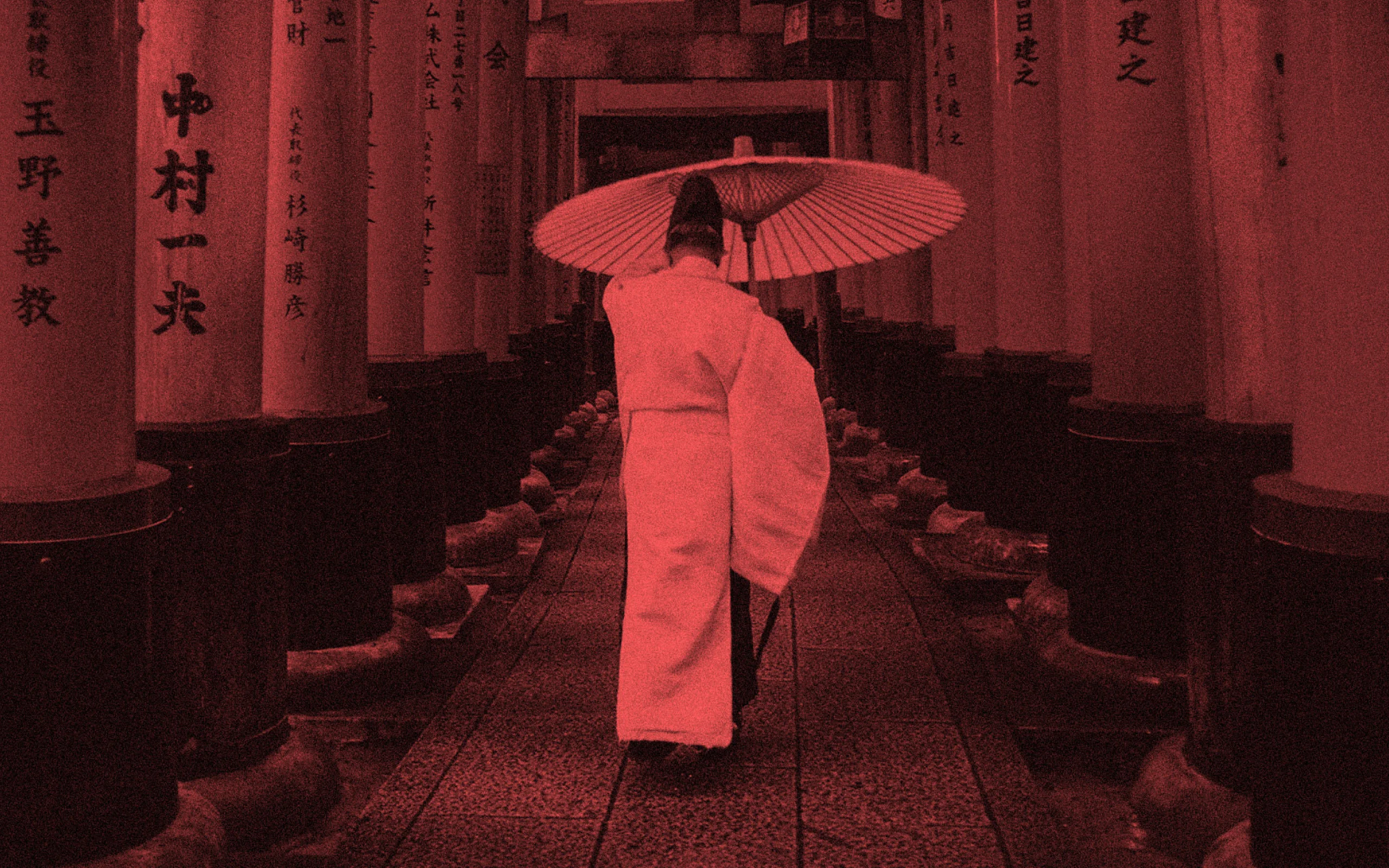
WHY
The Decline of Faith That Has Sustained Local Communities.
Since ancient times, Shinto shrines have been symbols of Japan’s local industries, communities, and natural faith. Today, many regions in Japan face various problems, such as a shortage of human resources, an aging population, a lack of successors, and the decline of local industries, leading to a continuous downward trend. Additionally, in recent years, the natural resources that local businesses have depended on—such as water, food, and the natural environment—have been threatened by the immense environmental burden caused by human activities. Now is the time for communities to come together to address these challenges, and shrines will undoubtedly continue to play an essential role in this effort.
However, half of the shrines across the country are currently in a difficult financial situation, with annual revenues of less than 3 million yen. This casts doubt on the survival of these shrines, which serve as symbols of regional culture. Preserving the faith that has sustained local industries and communities while maintaining the balance of the ecosystem and protecting traditional landscapes and culture is also a major challenge.
Income of the shrine for a year (2016)

HOW
Making somen noodles for the earth, the local community, and guardian deities.
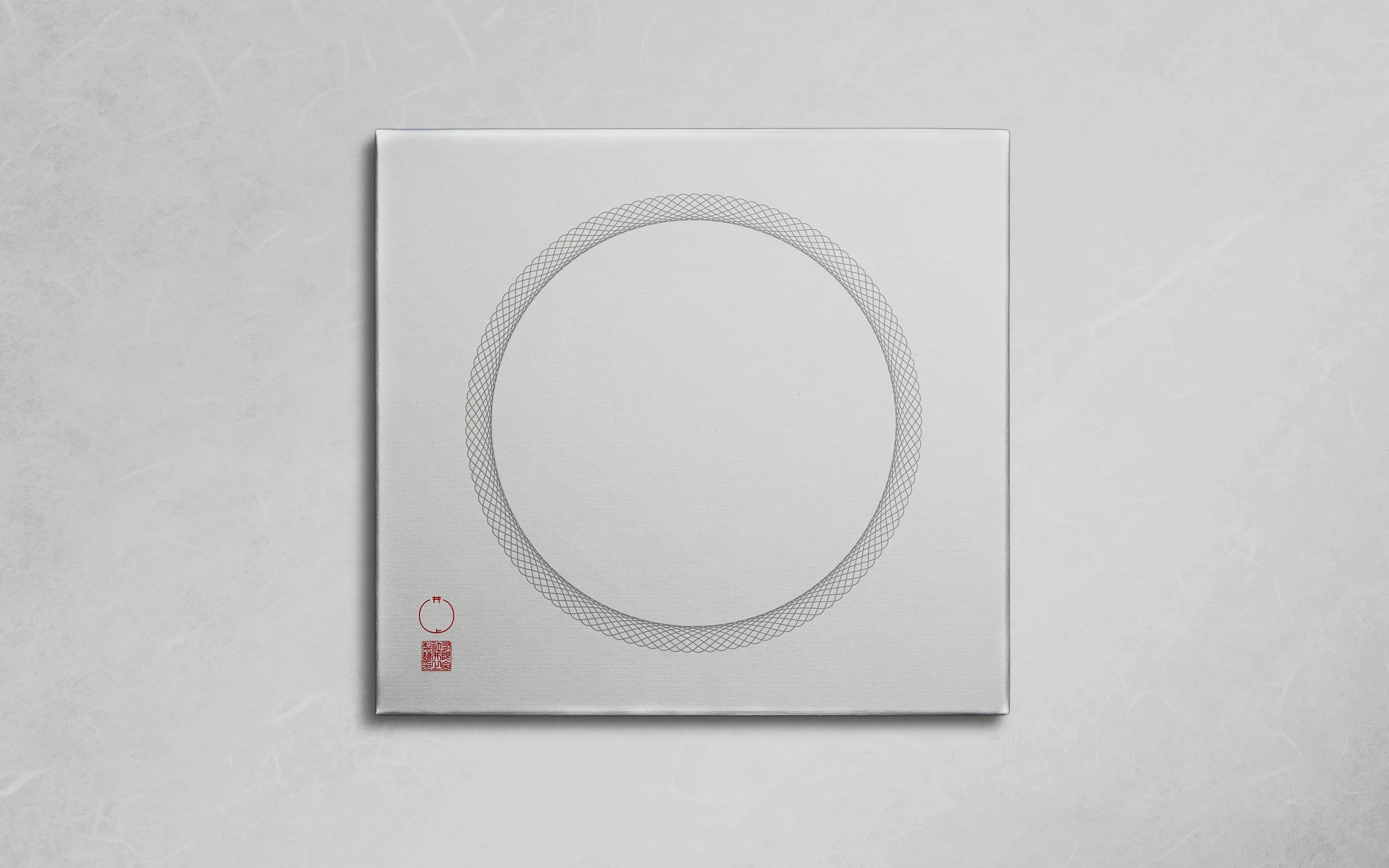
Inoue Seimen is a long-established Kanzaki somen noodle manufacturer that has been making noodles for around 150 years since it was founded in Saga in 1873. We helped Inoue Seimen measure and reduce its carbon footprint as part of efforts to promote initiatives that seek to transform “SAGA COLLECTIVE,” an association of 11 small and medium-sized companies driving Saga’s local industries, into Japan’s first local brand association that exclusively carries carbon-free products. Through these efforts, we helped the company become Japan’s first carbon-free noodle-making company, which led to our involvement in the company’s rebranding and product development.
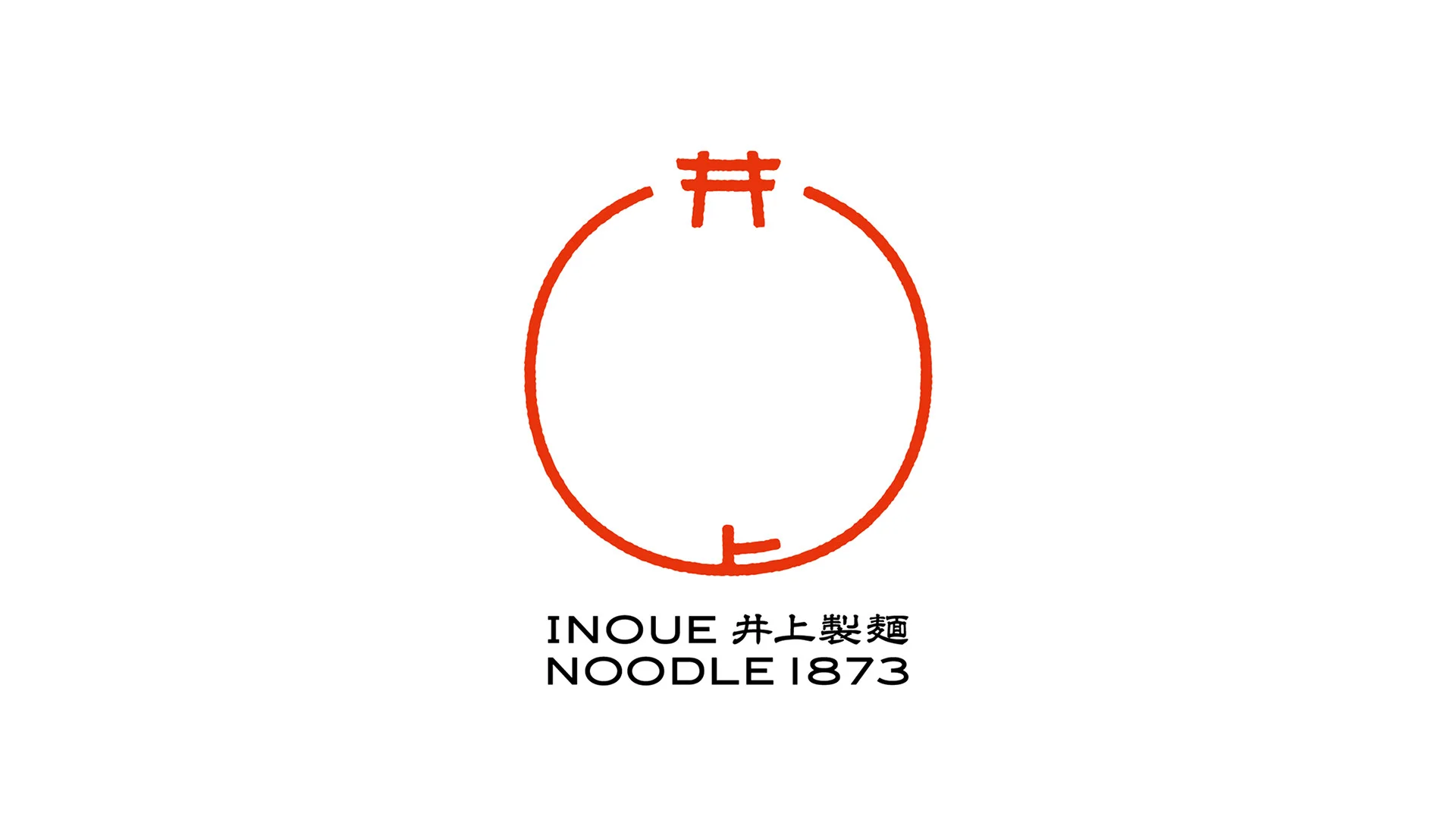
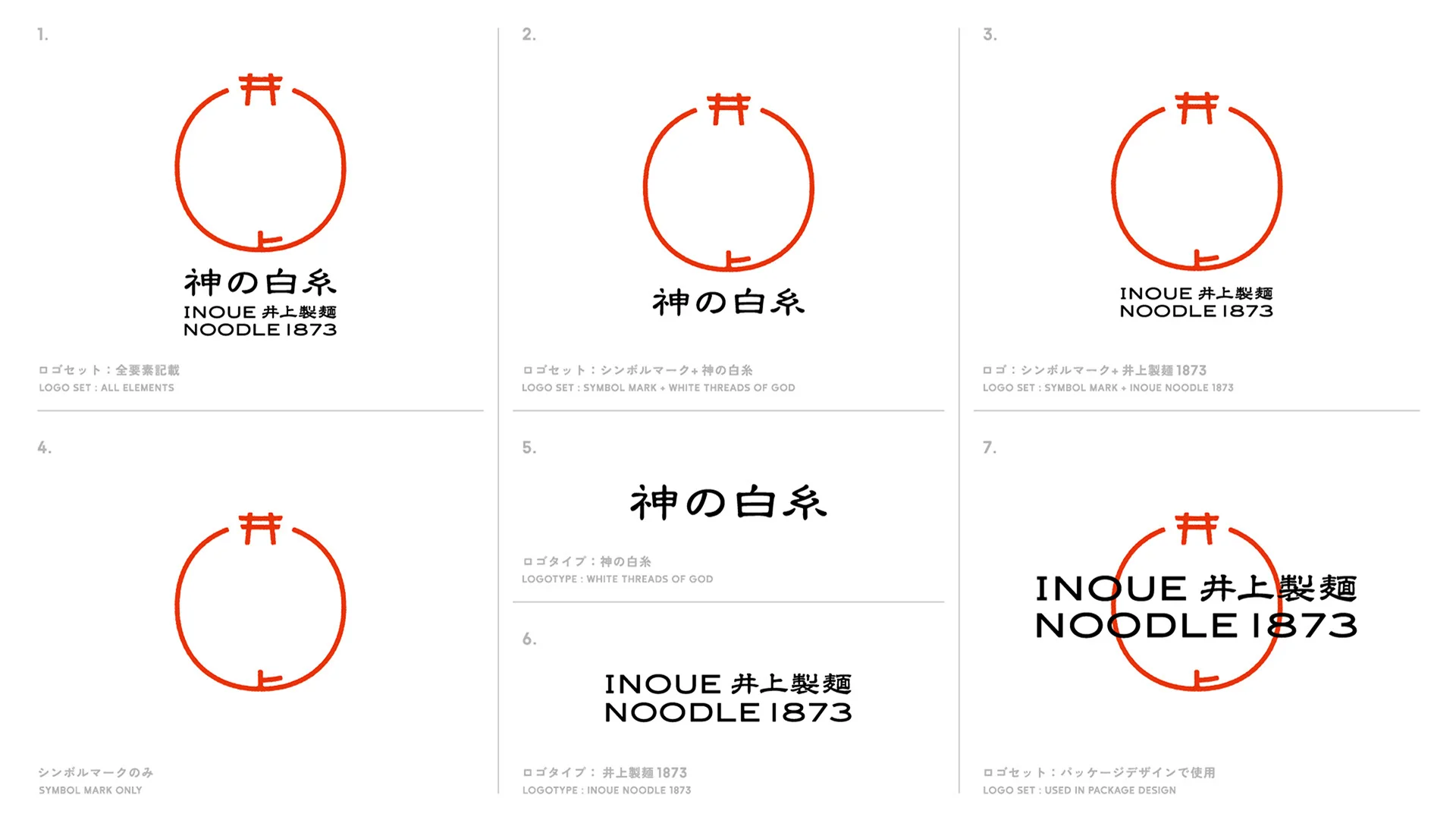
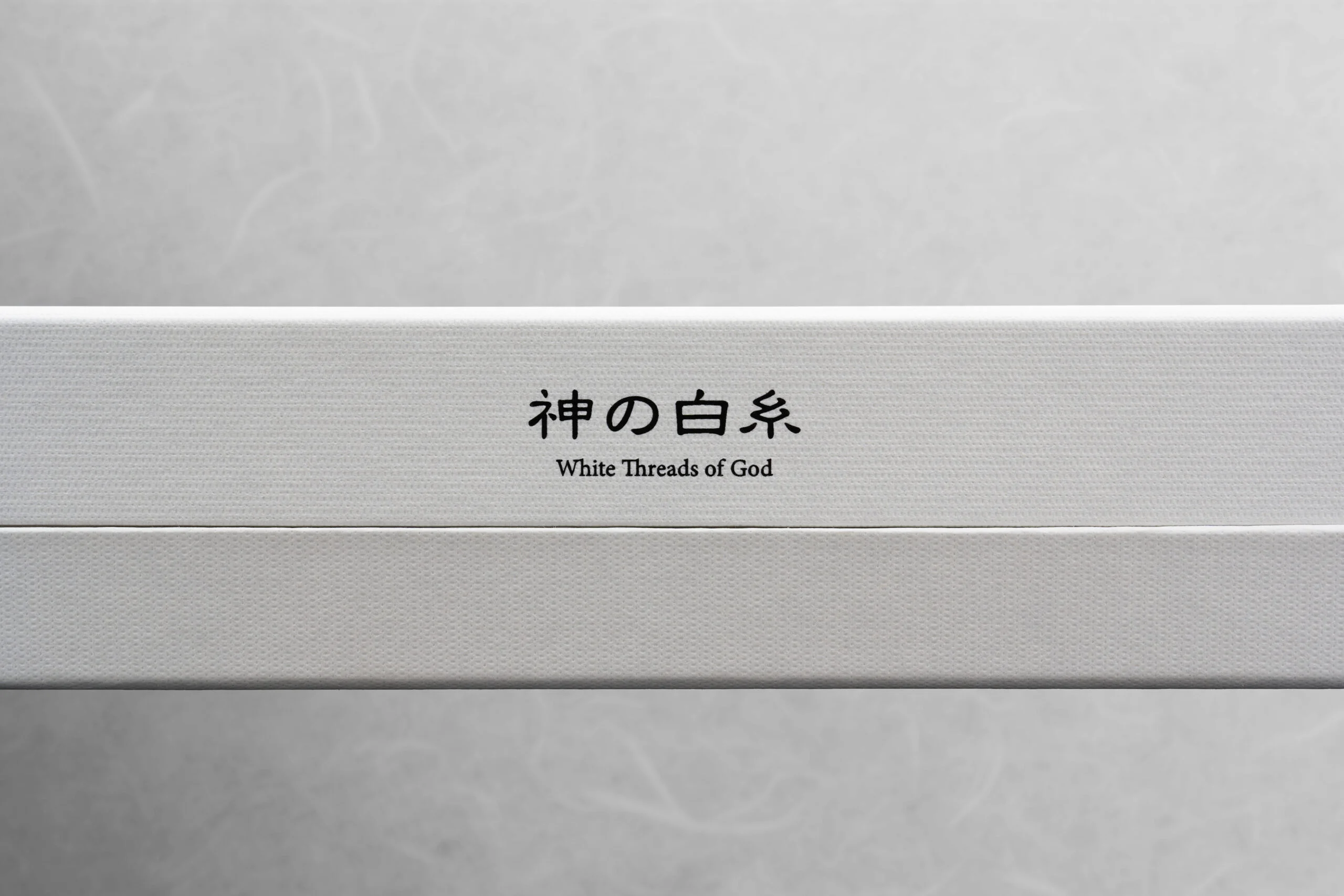
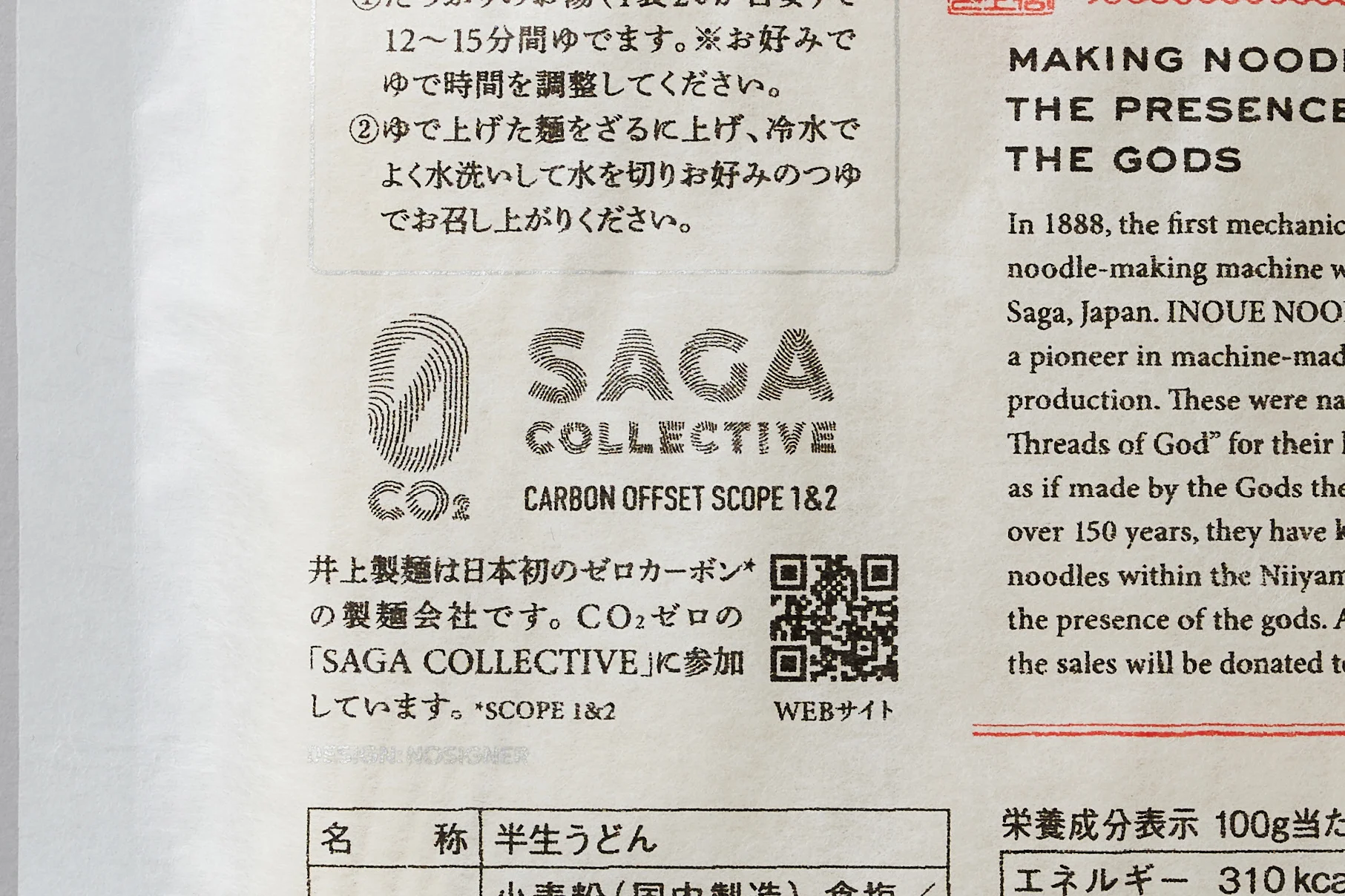
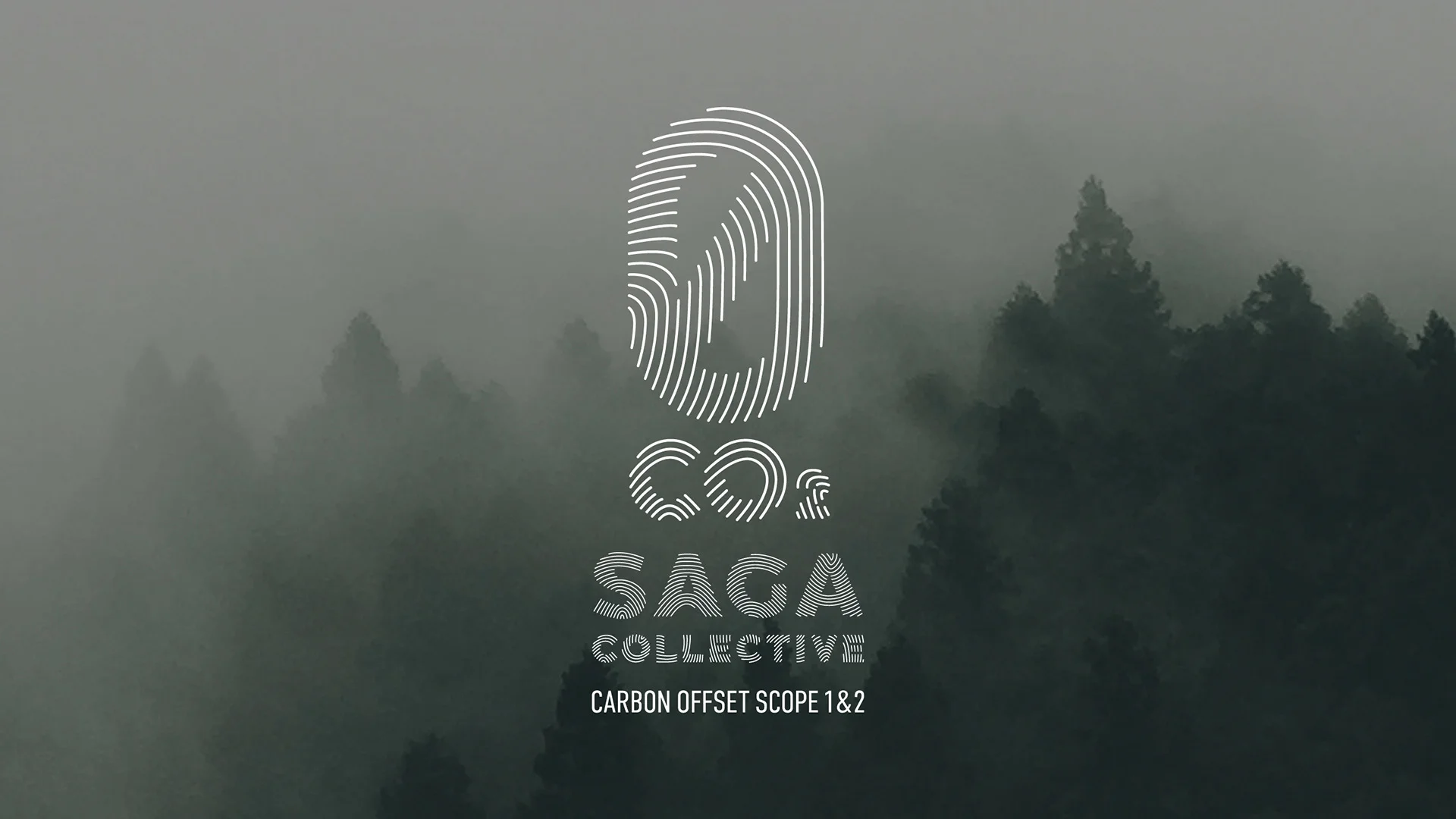
When researching the company, we discovered to our surprise that its history includes pioneering mechanical noodle-making, including for pasta and other products around the world. The world’s first mechanical noodle-making machine was invented in Saga, and Inoue Seimen was one of the first companies to introduce it. In addition, when looking up the origin of the name “Kami no Shiraito” (white threads of deities), which is used to refer to the company’s flagship product of Kanzaki somen noodles, we found that Inoue Seimen used to be located on the grounds of the nearby Niiyama Shrine and had a history of protecting the shrine as representatives of the shrine parishioners, with the name “Kami no Shiraito” subsequently conferred on the company by the shrine.
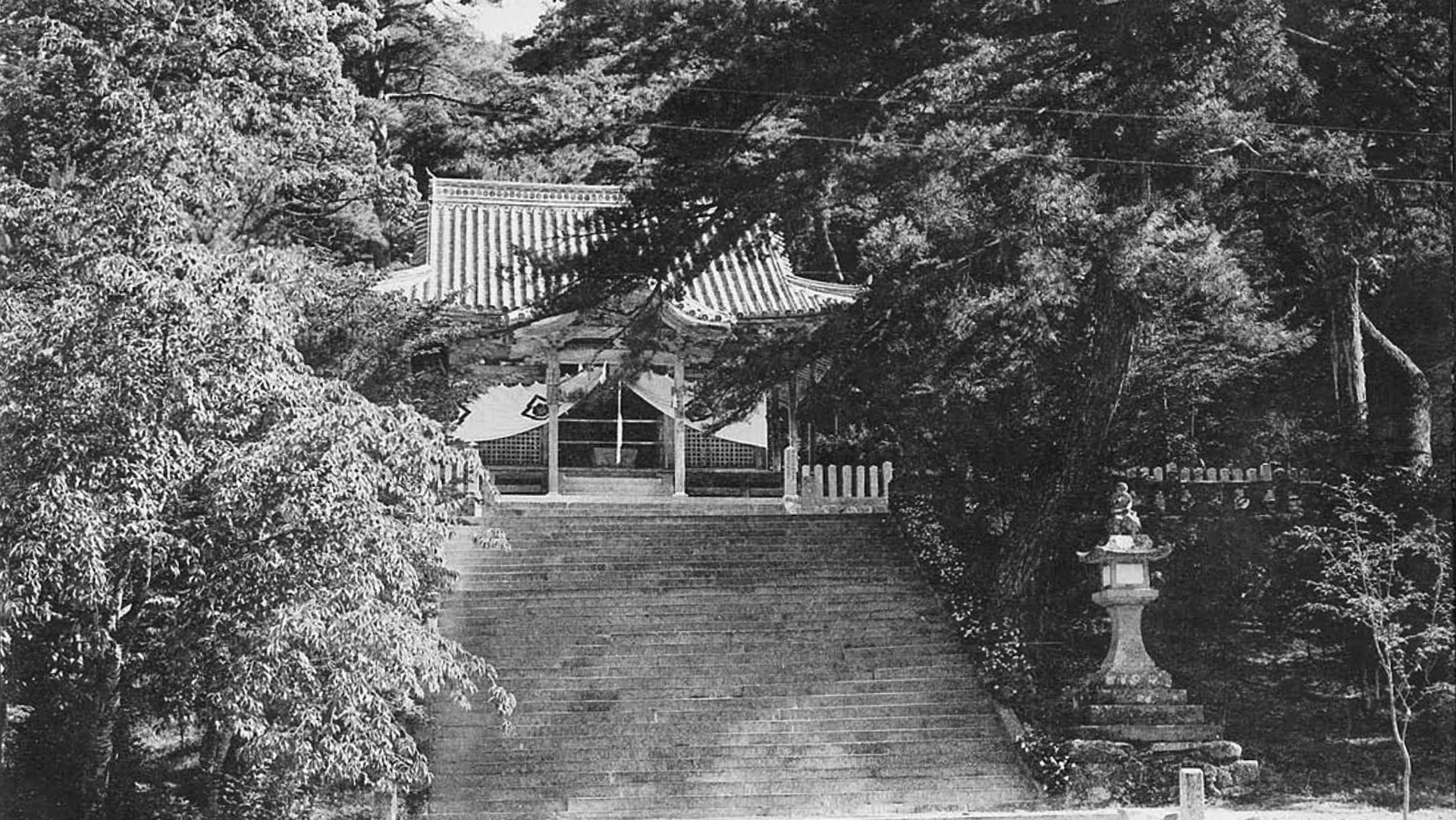
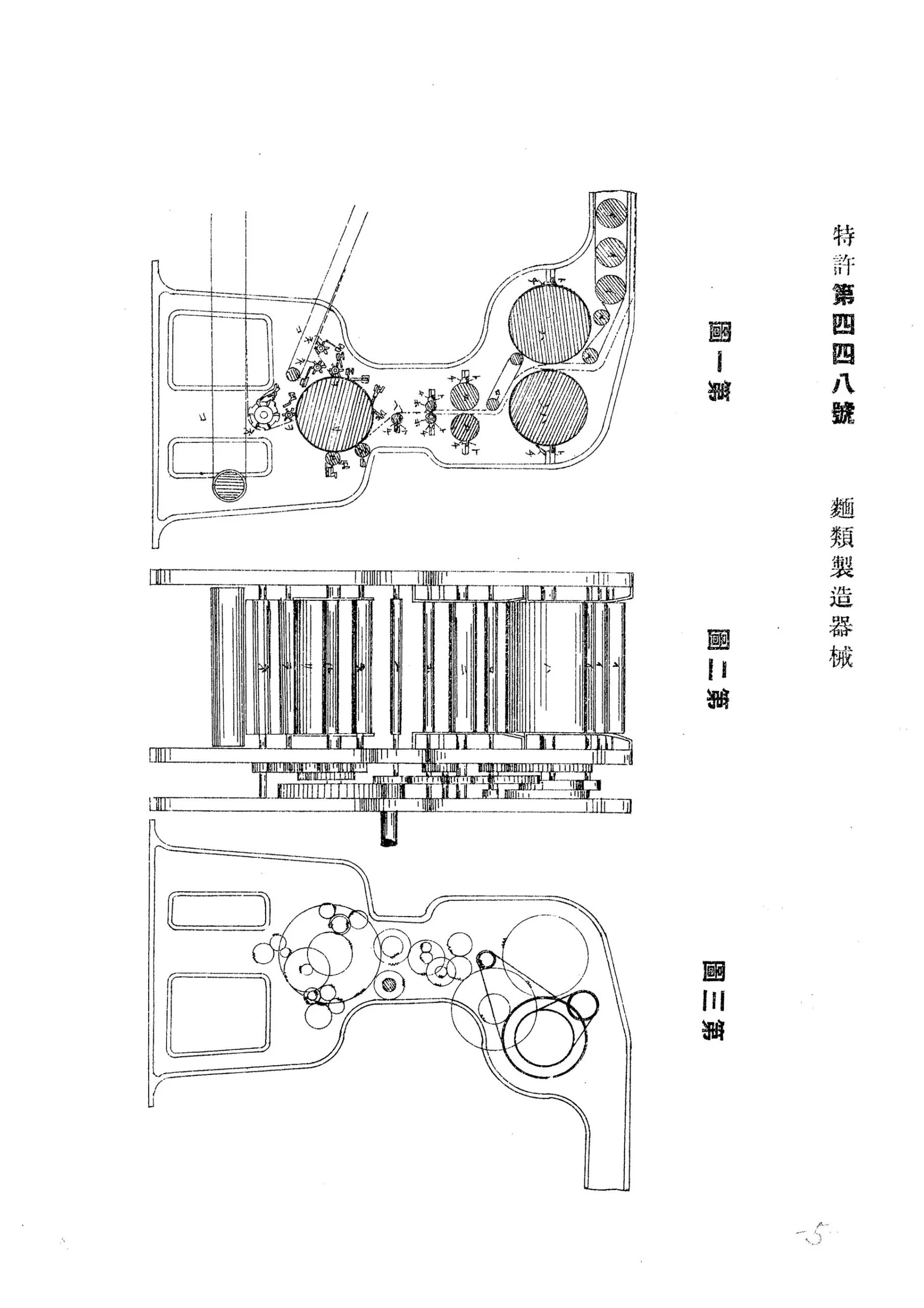
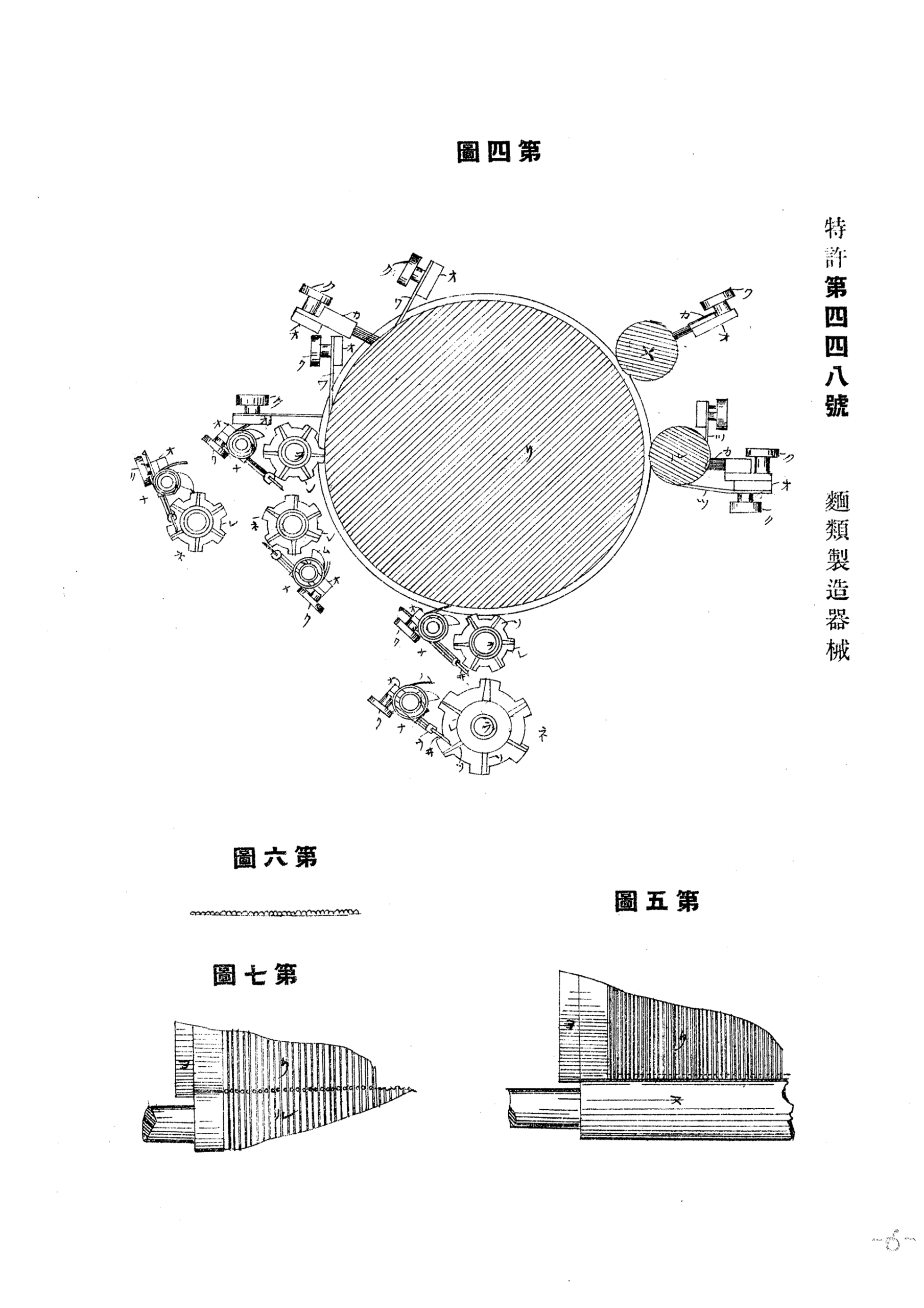
We positioned this one-of-a-kind story of the company’s connection to the shrine at the center of the rebranding and proposed a brand strategy of developing a “Kami series” of products, including “Kami somen,” “Kami hiyamugi,” Kami udon,” “Kami ramen,” and so on.
In developing a brand identity that demonstrates the fact that Inoue Seimen was the pioneer of mechanical noodle-making, we designed geometric patterns using a gear-shaped drawing device known as a spirograph to create designs that exemplify the idea of the “divine beauty of mechanical creations.” These spirograph patterns are featured prominently on all product packaging, which was designed by drawing inspiration from charms from the shrine. The corporate logo of Inoue Seimen, which was revamped at the same time, was designed by combining the character “井” (the first Kanji character of “Inoue”), stylized to resemble the torii gates of a shrine, with the character “上” (the second Kanji character, meaning “above”), which suggests that the product is a gift from the deities.

We were also involved in the joint development of the soup for the new “Kami ramen” product series, and we came up with a vegan soup that contains no chemical seasonings or animal-derived ingredients. Our goal is to share with the world the story of the first noodle-making company in Japan that successfully achieved decarbonization and operates in a manner that is friendly to both the environment and the local community.
WILL
Creating local industries that support nature and culture.
Inoue Seimen presents “Kami no Shiraito” as an offering to Niiyama Shrine on Somen Day (July 7th) every year. A portion of the proceeds are donated to the shrine, and all products are carbon offset through local mountain conservation activities. We hope that local culture will continue to be perpetuated through sustainable local brands going forward in line with the branding of Inoue Seimen, which makes noodles while working with the local shrine and nature.
Beyond the transformation of this small noodle-making company in Saga Prefecture into a company that has garnered attention as “Japan’s first” and “the world’s first” in terms of its introduction of mechanical noodle-making machines and the decarbonization of all its products, our vision is to set the future standard for how local industries can be friendly to both the environment and the local community. The development of more local industries will lead to the restoration of more forests, greater availability of healthy and delicious ingredients, better circulation of renewable energy, as well as safe and secure local areas with more robust disaster prevention. In order to realize such a future for local areas, we will continue to work on contributing to local industries that support nature and culture.
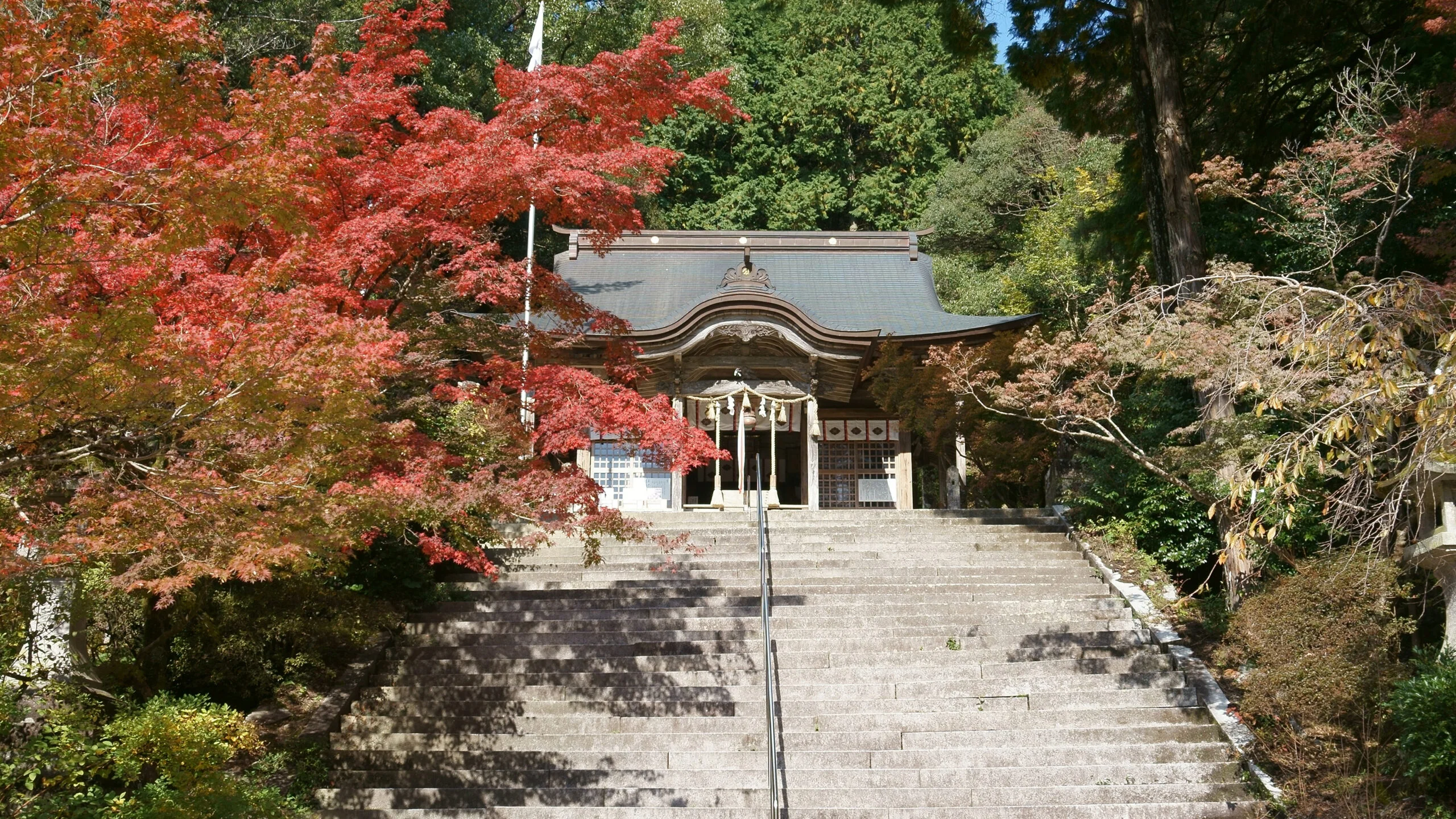
INFORMATION
- What
- INOUE NOODLE
- When
- 2024
- Where
- Saga, Japan
- Client
- Scope
- Rebranding / Logo / CI Guideline / Packaging / Exhibition / Promotion Strategy Support
- SDGs
CREDIT
- Art Direction
- NOSIGNER (Eisuke Tachikawa)
- Graphic Design
- NOSIGNER (Eisuke Tachikawa, Moe Shibata)
- Space Design
- NOSIGNER (Eisuke Tachikawa, Moe Shibata, Mahiro Kobayashi)
